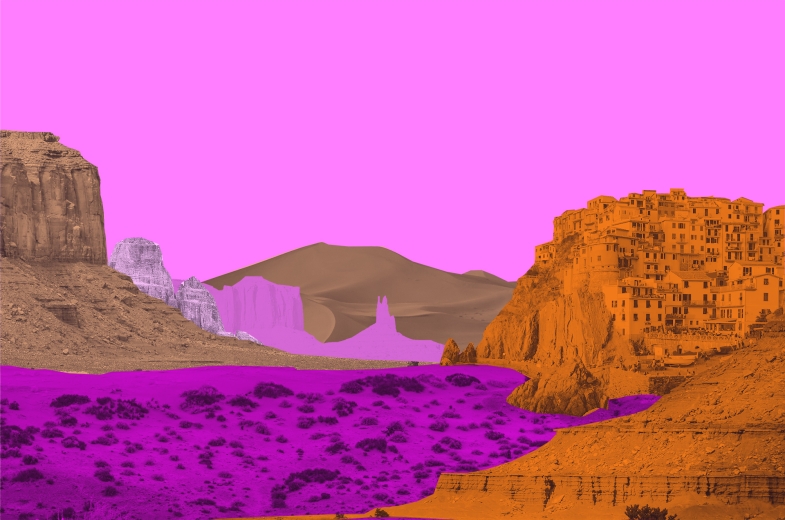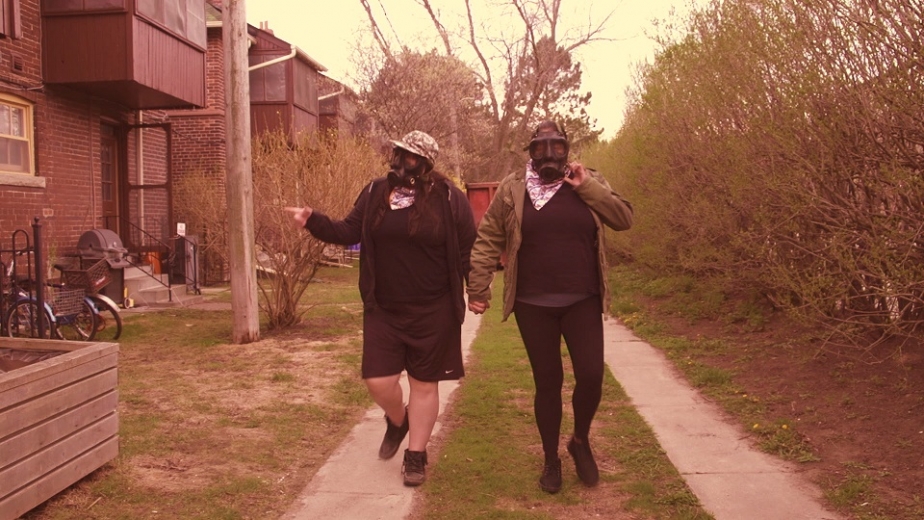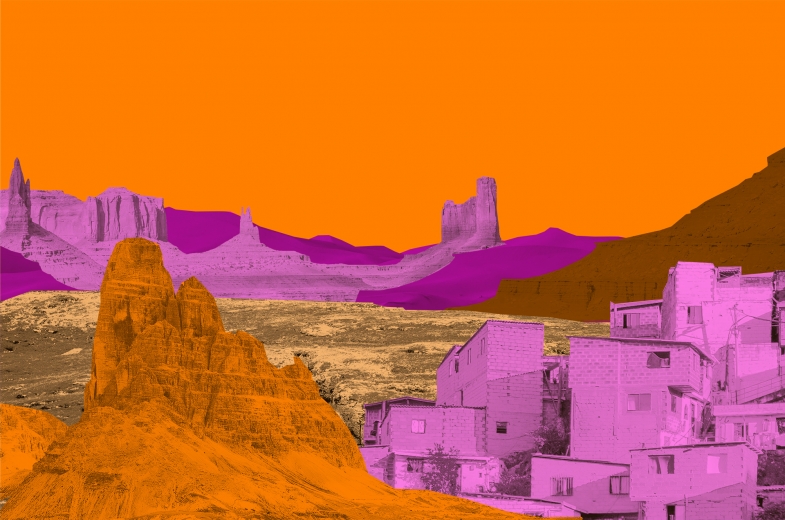
ENVIRONMENTAL MEMORY
Climate Emergency > Emergence programme
This two-panel forum – part of maat’s programming initiative Climate Emergency > Emergence – addresses critical legacies of extractivism and the current energy transition proposing restorative futures. The forum unites researchers and activists operating in the fields of environmental engineering, conservation, and the humanities, to discuss the colonial legacy of resource politics and alternative options for land and water use.
Bringing together infrastructural criticism with decolonial discourse, Environmental Memory foregrounds historical perspectives on agricultural planning, the managing of resources and conservation practices, in order to create an axis between contemporary climate injustice and the colonial legacies of environmental policies in Portugal and beyond. Calling into question the extractivism that permeates contemporary economic models, panelists consider its origin in prior systems of soil and resource management, presenting case studies situated in previously colonised territories. The discussion also offers critical perspectives on emergent models for a just energy transition, questioning the branding of “green energy” in relation to the hydrographic maintenance of the Tagus river basin that runs through the Iberian Peninsula, and lithium mining in Alto Minho in Northern Portugal.
The conversations (in English) include Boaventura Monjane, Joana Roque de Pinho, João Ruivo, Júlia Seixas, proTEJO – Movement for the Tagus, and the SOS Serra d’Arga Movement, invited by Margarida Mendes.
Panel 1
Territorial disputes in Angola, Guinea-Bissau, Mozambique and Portugal
With Boaventura Monjane, Joana Roque de Pinho, João Ruivo.
Moderated by Margarida Mendes.
Specifically looking at historical and current processes of accumulation, Boaventura Monjane talks about the dynamics of extractive and agrarian capital penetration in the countryside of the Global South. The talk also illuminates the often obscured roots of the ongoing Cabo Delgado resource conflict in Northern Mozambique, which are the militarist mode of enclave-based extractivism, which amplifies existing social and economic inequalities and standard accountability deficits evident across Africa’s extractive sector. The speaker also covers what he terms “political reactions from below” to highlight rural (and urban) agencies in confronting and resisting extractivism (and militarisation).
Through photographs and narratives created by a diverse group of farmers in Guinea-Bissau, who live within Cantanhez National Park, Joana Roque de Pinho’s presentation examines local depictions of a deeply valued cultural landscape and the farmers’ own biodiversity conservation practices, both of which challenge dominant narratives about the park and the residents therein.
Starting from a critical reading of the recent history of hydroelectric use, the lecture by João Prates Ruivo focus on the role of soil recognition missions in the reconfiguration of the land that occurred during the anti-colonial conflict in Angola. And to reflect in the present about the possibilities of grounded practices of resistance in the context of environmental transformations occurring due to the project of intensive farming in the Alqueva Dam, in Alentejo, Portugal.
Panel 2
Energy vectors and conservation models
With Júlia Seixas, Carlos Seixas (SOS Serra d’Arga Movement) and Paulo Constantino (Movimento proTEJO).
Moderated by Margarida Mendes.
The use of energy resources has increased since the industrial revolution, particularly after the end of World War II, to support an increasing number of human and societal services. The fossil fuel supply models in place have put an enormous environmental and social pressure on some areas of the planet, namely in vulnerable countries with few to none benefits for their populations. According to Júlia Seixas, energy transition brings a new model much based on local energy resources, but highly demanding on land, minerals and metals. The “old” relation between resources-supply countries and technological consumer countries still persist, hampering the just transition aimed by the new generations.
Addressing the question of lithium mining in Portugal, Carlos Seixas, member of the SOS Serra d'Arga Movement, will clarify how the population of Minho has resisted the governmental project of promoting mining, exposing how citizens can fight the green mining lie and win this battle.
proTEJO – Movimento pelo Tejo [Movement for the Tagus] questions the concept of green energy and will present their position on hydric and energetic questions connected to the Tagus basin, that they have been observing since 2009. Paying special attention to conservation issues and the safeguarding of the biodiversity of the river Tagus and its tributaries, the movement proposes a sustainable, transparent and participatory managing of the hydrographic basin of the Tagus in order to secure water availability in quantity and with quality, for today as well as future generations. Within this objective the movement considers fundamental the defense of the pillars of life in the river: the quantity of water in the circulation of ecologic streams, in harmony with seasonal rhythms and with conditions that allow the migration of species; the quality of water necessary for our human and ecologic needs; and the fluvial connectivity that maintains the river free and alive to secure natural conditions for us to have quantity and quality water, as well as to perserve biodiversity and associated material and immaterial cultural heritage.
About the programme
The Climate Emergency > Emergence public programme initiative aims to energise critical analyses and creative proposals to move beyond catastrophism, towards the emergence of environmentally sustainable futures.
Interdisciplinary in breadth and international in scope, the programme is conceptualised by a newly-formed maat Climate Collective, chaired by T. J. Demos, which includes participation from diverse cultural practitioners working at the intersection of experimental arts and political ecology.
Read the Climate Collective statement on maat ext.


